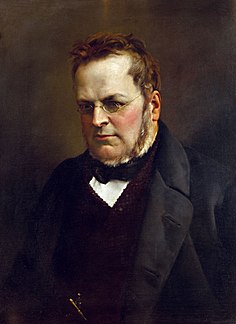 |
|---|
| This article is part of a series on the politics and government of Iceland |
| Constitution |
Institutions |
Parliamentary elections were held in Iceland on 9 June 1963. [1] The Independence Party won 16 of the 40 seats in the Lower House of the Althing. [2] Bjarni Benediktsson became Prime Minister after the elections.

Iceland is a Nordic island country in the North Atlantic, with a population of 348,580 and an area of 103,000 km2 (40,000 sq mi), making it the most sparsely populated country in Europe. The capital and largest city is Reykjavík, with Reykjavík and the surrounding areas in the southwest of the country being home to over two-thirds of the population. Iceland is volcanically and geologically active. The interior consists of a plateau characterised by sand and lava fields, mountains, and glaciers, and many glacial rivers flow to the sea through the lowlands. Iceland is warmed by the Gulf Stream and has a temperate climate, despite a high latitude just outside the Arctic Circle. Its high latitude and marine influence keep summers chilly, with most of the archipelago having a tundra climate.

The Independence Party is a liberal-conservative, Eurosceptic political party in Iceland. It is currently the largest party in the Althing, with 16 seats. The chairman of the party is Bjarni Benediktsson. The secretary of the party is Áslaug Arna Sigurbjörnsdóttir.

The Alþingi is the national parliament of Iceland. It is the oldest surviving parliament in the world, a claim shared by Tynwald. The Althing was founded in 930 at Þingvellir, situated approximately 45 kilometres (28 mi) east of what later became the country's capital, Reykjavík. Even after Iceland's union with Norway in 1262, the Althing still held its sessions at Þingvellir until 1800, when it was discontinued for 45 years. It was restored in 1844 and moved to Reykjavík, where it has resided ever since. The present parliament building, the Alþingishús, was built in 1881, made of hewn Icelandic stone.



